
6 fruits that help your body fight cancer cells naturally
Did you know that the foods you eat can help your body fight cancer? As cancer rates, particularly in individuals under 50, continue to rise, it’s more important than ever to focus on nutrient-rich foods that can strengthen your body’s defenses. Among the most powerful cancer-fighting foods are fruits, many of which contain antioxidants and compounds that can assist in eliminating cancer cells from the body. Below are six extraordinary fruits that can help you naturally combat cancer. Some of these fruits may not be on your regular shopping list, but they should be!
Key Takeaways:
-
Certain fruits are rich in antioxidants and compounds that help combat cancer cells.
-
Eating fruits whole, and with their skins or seeds, maximizes their health benefits.
-
A few small changes in your daily fruit intake can have a significant impact on long-term health.
-
Simple tips can enhance each fruit’s cancer-fighting potential.
1. Grapefruit: The Potent Pink Powerhouse
Grapefruit, or "toronja," is packed with lycopene, a powerful antioxidant that supports cellular cleansing. It also contains naringenin, a substance known to inhibit the growth of cancer cells and promote the death of abnormal cells, making it a direct enemy of cancerous mutations. Additionally, grapefruit is high in vitamin C, boosting the immune system and offering protection against oxidative stress.
How to maximize the benefits: Nutritionists recommend eating half a grapefruit (approximately 200 grams) per day. This amount provides a healthy dose of lycopene and vitamin C without spiking blood sugar levels.
2. Apple: A Crunchy Cancer-Fighting Classic
Apples are a powerhouse of over 300 different substances, with quercetin standing out as one of the most potent. This antioxidant disrupts the growth of cancer cells in the prostate and colon, while also targeting liver tumors. Regular consumption of apples can lower the risk of lung cancer by up to 20%.
How to get the most from apples:
-
Eat them with the skin, as most of the anti-cancer compounds are found there.
-
Choose organic or pesticide-free apples to avoid harmful chemicals.
-
Avoid cutting apples too far ahead of time, as antioxidants degrade when exposed to air.
-
For an added boost, try sprinkling apples with cinnamon, which enhances their anti-inflammatory effects.
The ideal intake is between one and two whole apples per day, with the skin.
3. Grapes: Nature’s Sweet and Powerful Boosters
Grapes, especially the red, purple, and dark varieties, are rich in resveratrol, a potent antioxidant that can stop the growth and spread of malignant cells. Resveratrol has been shown to have anti-cancer properties, making grapes an excellent addition to a cancer-fighting diet.
How to incorporate grapes into your diet: Aim for 150–200 grams (about 20–30 medium grapes) per day. To maximize benefits, avoid peeling or discarding the seeds—this is where some of the strongest cancer-fighting compounds are located. For an even greater boost, blend whole grapes (seeds included) into a smoothie.
4. Banana: The Immunity-Boosting Power Snack
Bananas are more than just a convenient snack—they are packed with essential nutrients, vitamins, and antioxidants. They contain lectin, a plant protein that has been shown to slow down the growth of cancer cells. Bananas are also rich in vitamin C and other antioxidants that help keep the immune system strong.
How to maximize the benefits:
-
Opt for slightly green bananas, as they contain more nutrients than fully ripe ones.
-
Combine bananas with healthy fats like avocado, chia seeds, or ground flax to enhance the absorption of vitamins and nutrients.
-
Nutritionists recommend eating one to two bananas a day for optimal health.
5. Kiwi: The Green Gem of Nature
Kiwi is a powerful immune system booster. It contains more vitamin C than oranges and provides a healthy dose of vitamin E, fiber, and polyphenols. These compounds help your body fight cancer, particularly in the intestines, stomach, and lungs.
How to incorporate kiwi into your diet: Experts recommend eating one to two kiwis daily. Interestingly, the fuzzy skin is edible and packed with fiber and nutrients—just rinse it well before eating!
6. Watermelon: The Ultimate Cancer-Fighting Superfruit
Watermelon is not just a refreshing treat—it’s packed with lycopene, one of the most powerful antioxidants that protect your body from cancer-causing free radicals. Watermelon contains 40% more lycopene than ripe tomatoes, making it a superfood for cancer prevention.
How to get the most benefits from watermelon:
-
Aim for 200–300 grams (about one cup of diced watermelon) per day.
-
Choose fully ripe, red watermelon for the highest lycopene levels.
-
Pair watermelon with healthy fats like chia seeds, flaxseeds, or olive oil to help your body absorb the lycopene, as it is fat-soluble.
-
Don’t throw away the seeds! They are packed with minerals like zinc and magnesium. Roast or lightly toast them and add them to smoothies or cereals for an easy nutrient boost.
Conclusion
While no single food can prevent cancer on its own, adding these six fruits to your diet can dramatically boost your body’s natural defenses. The key is consistency and making the most of whole, minimally processed ingredients—skins and seeds included!
By making small, simple changes to your diet, you can strengthen your body’s ability to fight cancer and promote long-term health. Share these tips with your family and friends—because prevention is the best medicine!
News in the same category

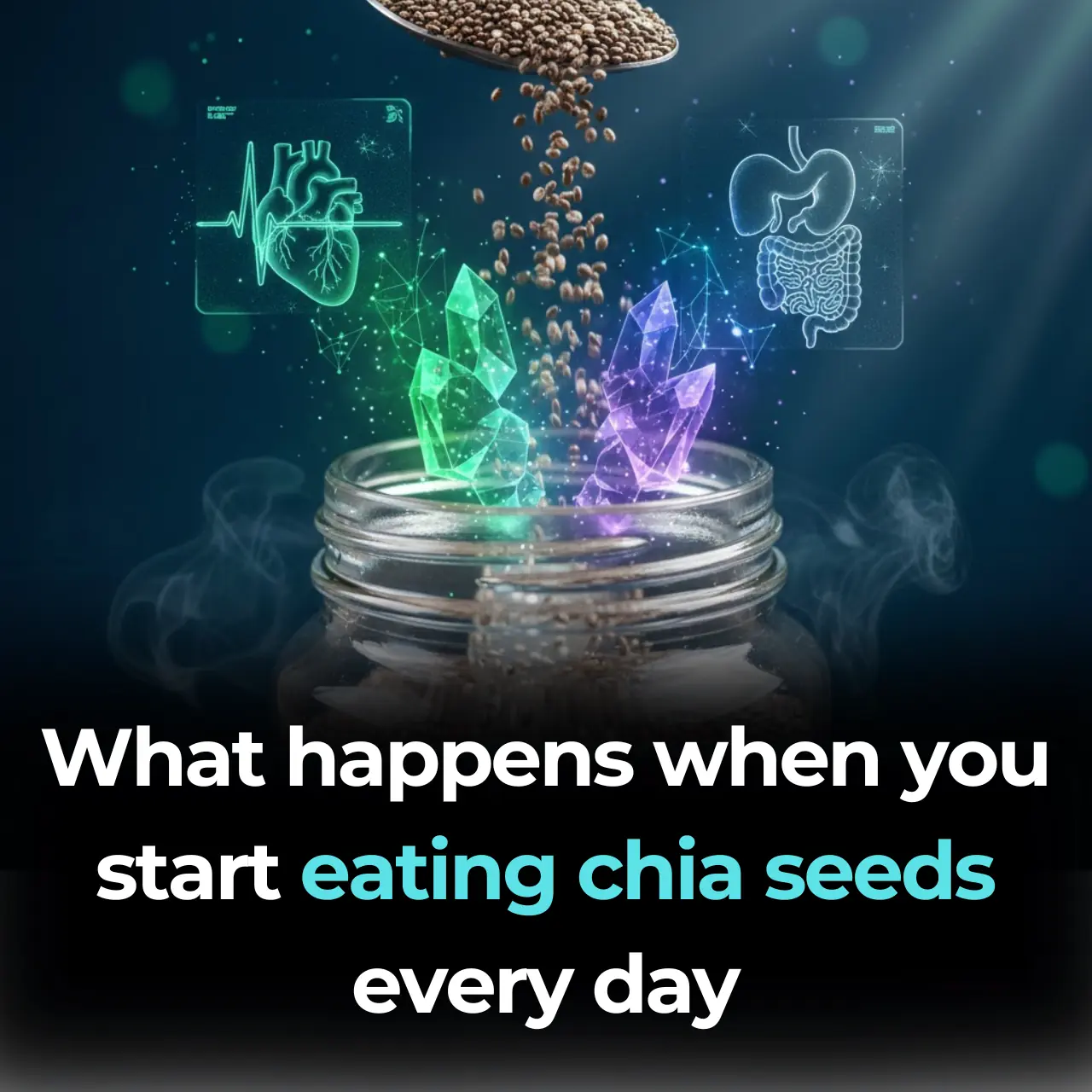
What happens when you start eating chia seeds every day

Why You Should Stop Using Petroleum Jelly On Your Skin (It’s a Byproduct of the Petroleum Manufacturing Process)
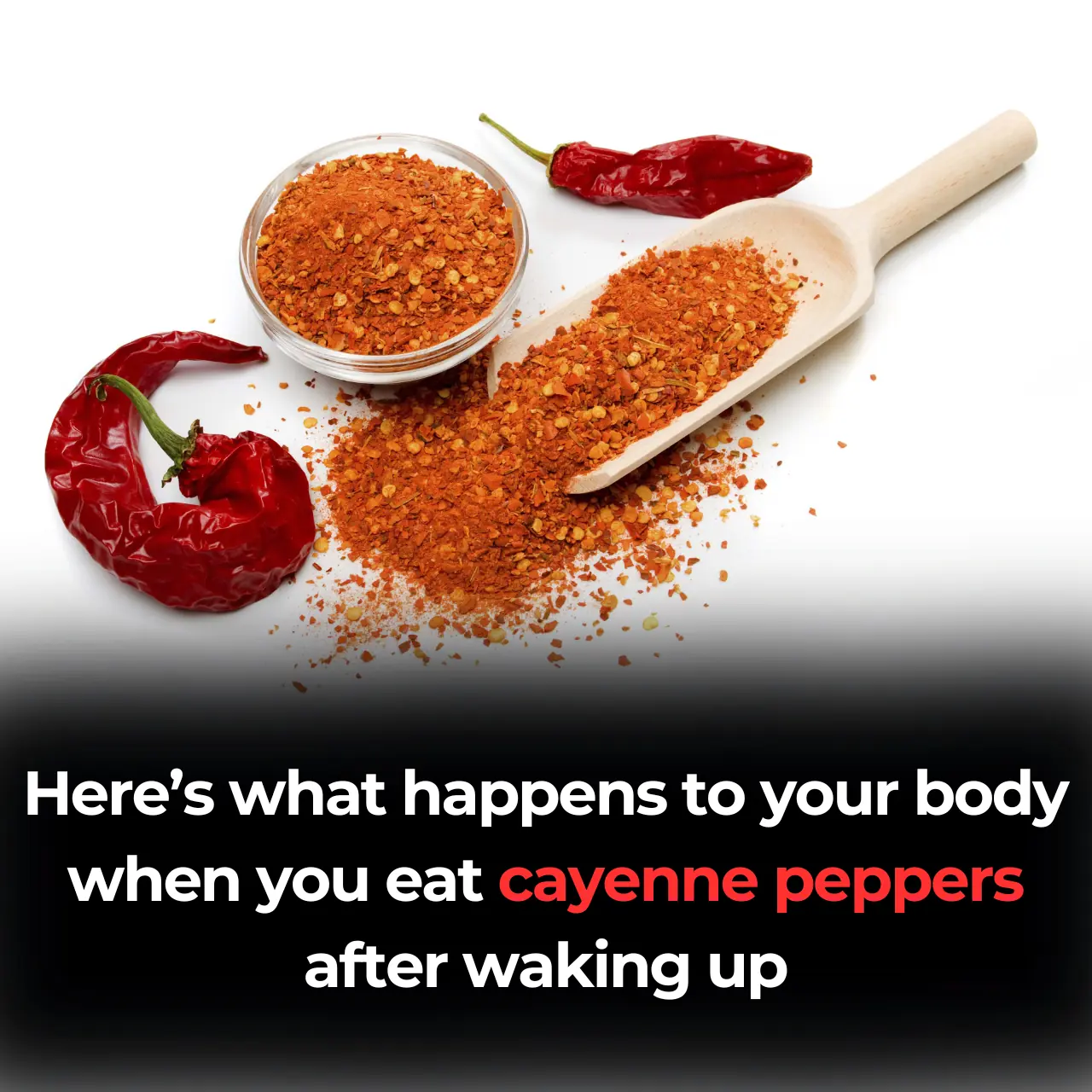
Scientifically Proven Health Benefits of Cayenne Pepper

Low levels of this key brain nutrient may be fueling your anxiety

A Nurse Who Has Witnessed The Final Moments Of More Than 300 People Has Revealed What She Has Learned From Being By Their Side

Absolutely BEST Foods to Detox Your Kidneys

Drink this daily to support cleaner arteries

The Surprising Benefits of Foot Massages …More Than Just Relaxation
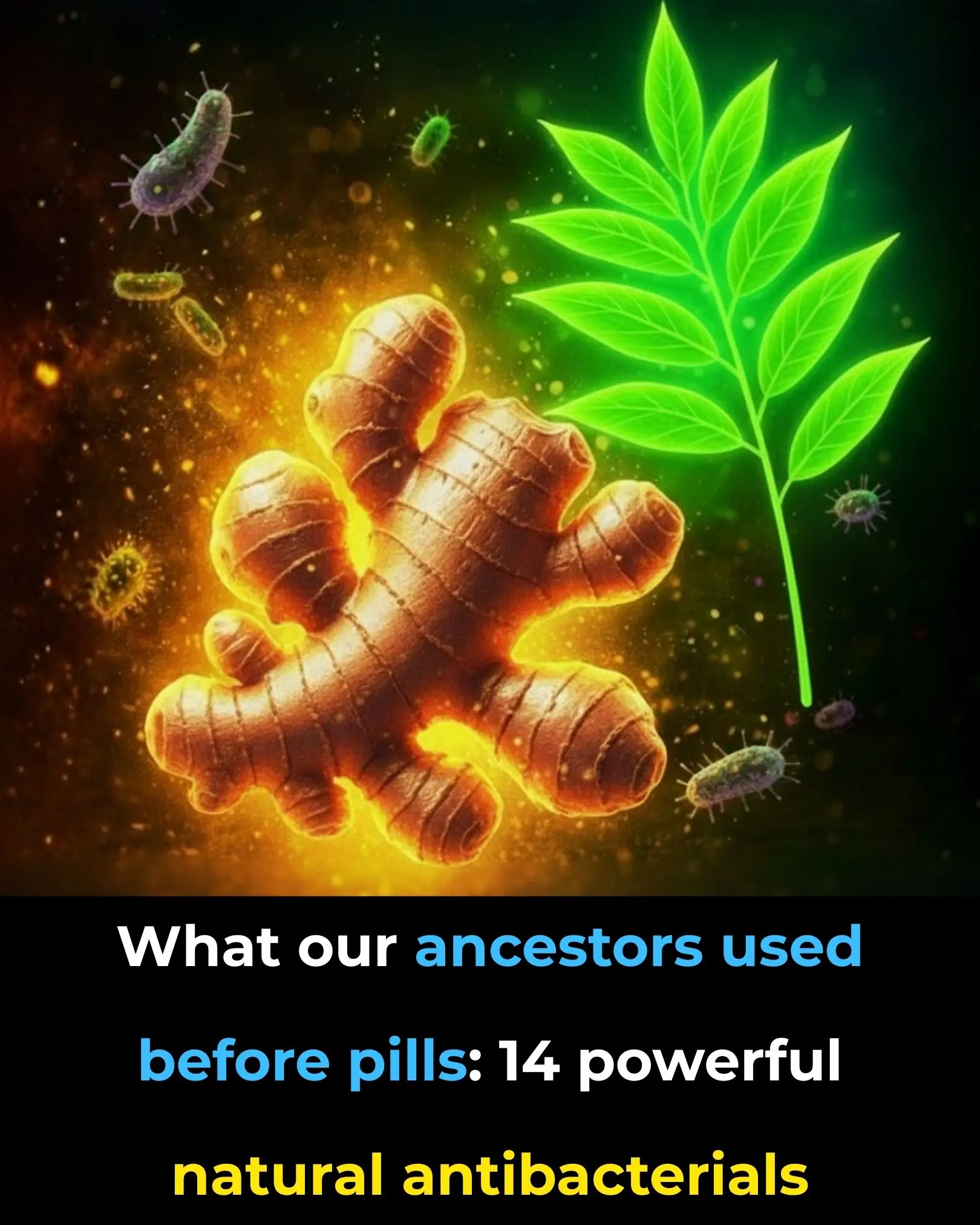
14 Best Natural Antibiotics Our Ancestors Used Instead of Pills
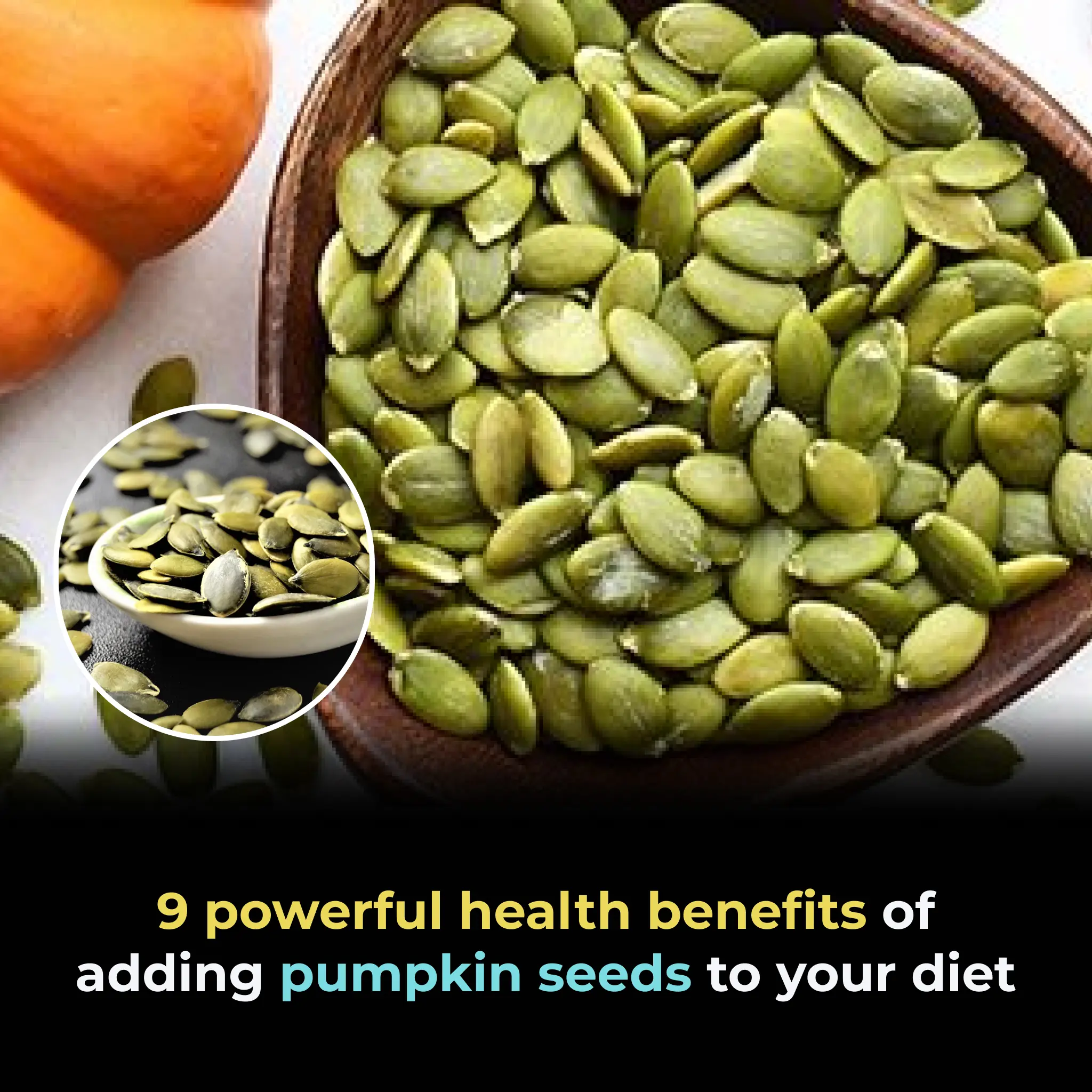
9 POWERFUL Health Benefits of Adding Pumpkin Seeds to Your Diet

Knowing These 12 Symptoms of a Stroke Can Save Your Life

Early Signs of Liver Damage You Shouldn't Ignore

If Your Nails Show These 10 Signs, See a Doctor Immediately

The 5 warning signs you may be taking too much magnesium, according to doctors

This Is What Happens to Your Body When You Start Eating Raw Garlic

4 Things Your Feet Could Be Telling You About Your Liver Health
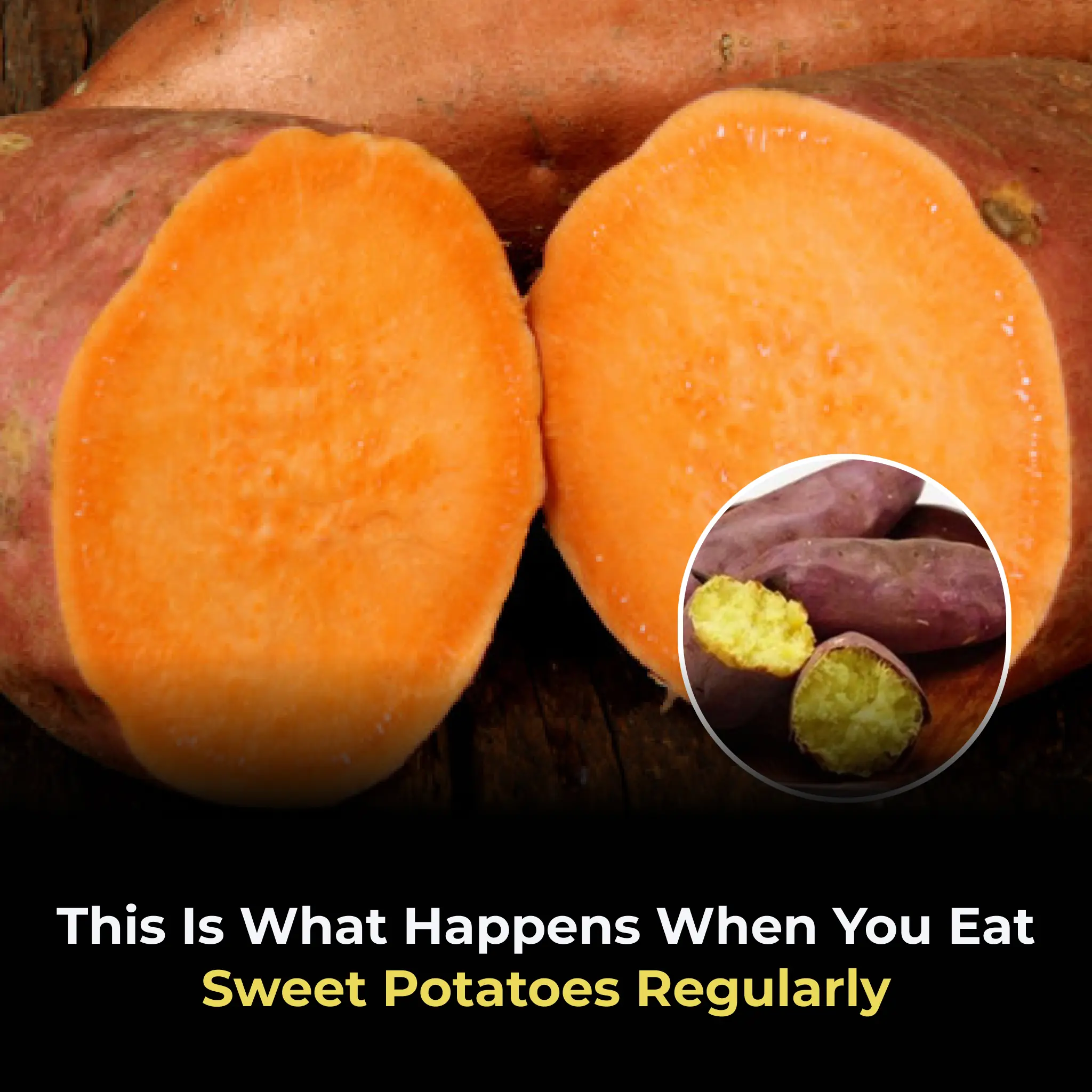
This Is What Happens When You Eat Sweet Potatoes Regularly
News Post

Unlock Radiant Skin: The Ultimate Guide to Using Beetroot Gel for Glowing, Spotless Skin

Fenugreek Seeds for Hair Growth: The Power of Fenugreek Hair Rinse and Its Benefits for Hair

Japanese Milk Wax To Get Rid Of Unwanted Facial Hair
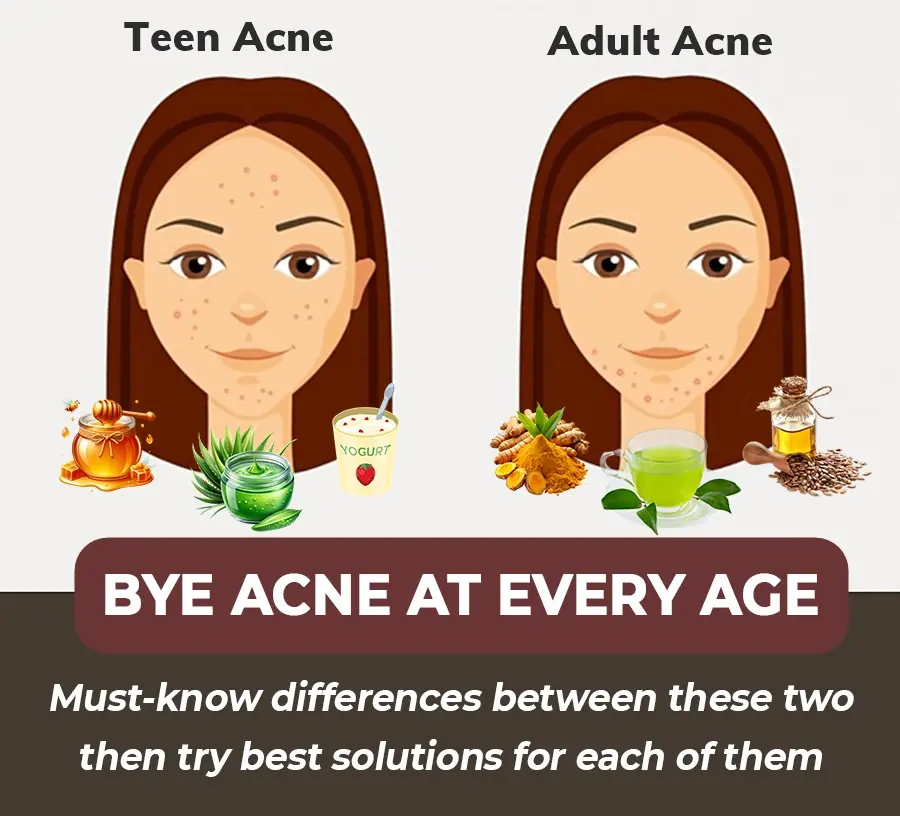
When Will I Outgrow My Acne? The Difference Between Adult and Teen Acne

5 Mascara Tips For Short Lashes

LEVEL UP YOUR LASH GAME: Top 5 Tips for Eyelash Extension Success!

Forehead Acne and What to Do About It

11 Common Eyebrow Mistakes Women Make in Their 60s (And How to Fix Them!)

How to Prevent and Treat Age Spots: Expert Tips for Radiant Skin

5 Ways Your Skin Changes as You Age and How to Keep It Vibrant

DIY Fenugreek Oil for Hair Growth – Get Thick Hair

Brow Boosting Serum: The Natural Way to Achieve Full, Thick Eyebrows

Why You Should Be Putting Salt in Your Toilet

Why Some Children Don’t Visit Their Parents Often

DIY Vaseline Cream: The 4-Ingredient Glow Hack That Makes Your Skin Baby-Soft Overnight

DIY Fenugreek Hair Masks for Hair Growth & Reducing Hair Fall

Will Americans Receive $2,000 Stimulus Checks? What You Need to Know

Revolutionary Miniature Implant Offers New Hope for Restoring Vision in Macular Degeneration Patients

A Simple Superfood That Enhances Your Baby's Brain Development During Pregnancy
